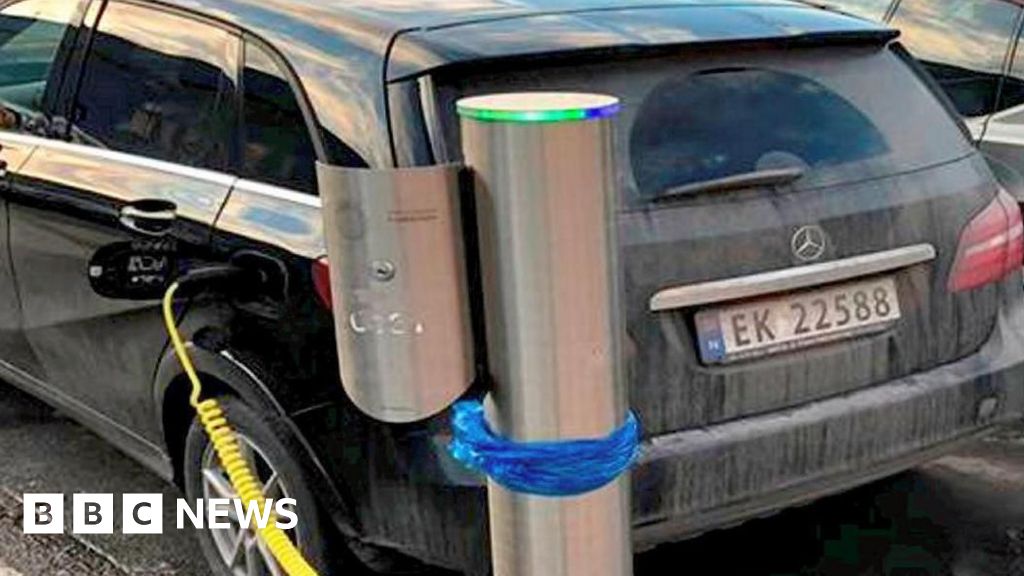- cross-posted to:
- europe@feddit.org
- cross-posted to:
- europe@feddit.org
Norway, one of the world’s largest exporters of oil, now has more electric cars on its roads than petrol-driven vehicles.
Of the 2.8 million private cars registered there, 754,303 are now all-electric, compared with 753,905 that run on petrol, according to new figures from the Norwegian Road Federation.
The Nordic country of 5.5 million people is aiming to become the first nation to end the sale of new petrol and diesel cars - by 2025.
Sales of electric vehicles (EVs) have been boosted by tax breaks and other incentives, funded in large part from the money Norway makes out of oil and gas.
If I read the article right it exceeds petrol, but still is behind diesel, so that also means it’s behind all of ICE combined. I don’t want to sell the achievement short, it’s awesome, but still not at the 50% mark.
Yeah, still a million diesel cars on the road. Almost all new cars sold in Norway are electric though. 87% el, 11% hybrid so far in 2024.
Norway has a lot of and cheap hydro-produced electricity power. They’re in a good precondition for it. It’s not that surprising because of that.
i don’t get this, is electricity really expensive enough anywhere that gasoline or diesel are cheaper?
It could explain why Norway is ahead of other countries. With an abundance of electricity, I assume it was also easier to fund and promote infrastructure and other incentives.
I don’t know how electricity compares concretely to fuel between filling the tank and acquisition cost.
If you’re generating electricity primarily from fossil fuels in the first place, their price will be linked (but higher) by design. If you’re using a merit order system, then that’s true even if just a fraction of your electricity comes from said fossil fuels. That of course ignores possibly different sets of taxes being applied to retail fuels vs. the fuels utilities are buying and taxes on electric power.




